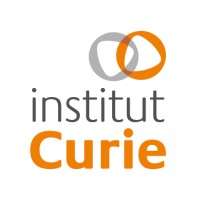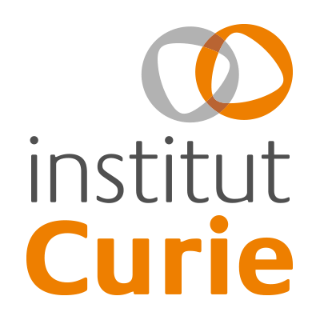Join session
Cancer of Unknown Primary: AI to Improve Patient Care
Nov 21, 2024 — 11:10 am CET - 11:30 AM CET
Presented by
Description
Sarah Watson's team, composed of medical oncologists and researchers, along with bioinformatics experts from the Institut Curie, has developed the first effective, reproducible, and routinely usable method to help identify the origin of cancers that were previously difficult to treat.
Cancers of unknown primary origin (CUP) are cancers detected by the presence of metastases, meaning the disease has spread to other tissues without the primary site being identified. They account for 2 to 3% of all cancer cases (approximately 7,000 patients per year in France) and are particularly challenging to treat: they are diagnosed at an advanced stage and, without knowing the cancer's origin, it is impossible to find the most suitable treatment.
Until now, physicians had limited means to determine the initial site of these metastases: conducting a complete morphological assessment using full-body CT and PET scans, closely examining metastasis samples under the microscope (anatomical pathology) for clues about their origin, and more recently, leveraging molecular biology to detect mutations or genetic features typical of certain organs. Despite these efforts, the tissue origin of many of these tumors remained unidentified, and patients were treated with non-specific broad-spectrum chemotherapy approaches.
Many research teams have been working on this issue, with several attempting to identify molecular signatures of these tumors. However, these methods often rely on specific materials, show low reproducibility, and most importantly, have not succeeded in improving the survival rates of patients with such cancers.
Institut Curie's approach was different: rather than analyzing only a few dozen genes, we used next-generation sequencing (RNAseq) technology to sequence all the expressed genes in a tumor and establish a "diagnostic classifier" based on expression profiles from more than 20,000 tumors and normal tissues. We developed a deep learning algorithm that successfully learned to associate specific RNA profiles with specific tissues and organs, whether cancerous or not.



